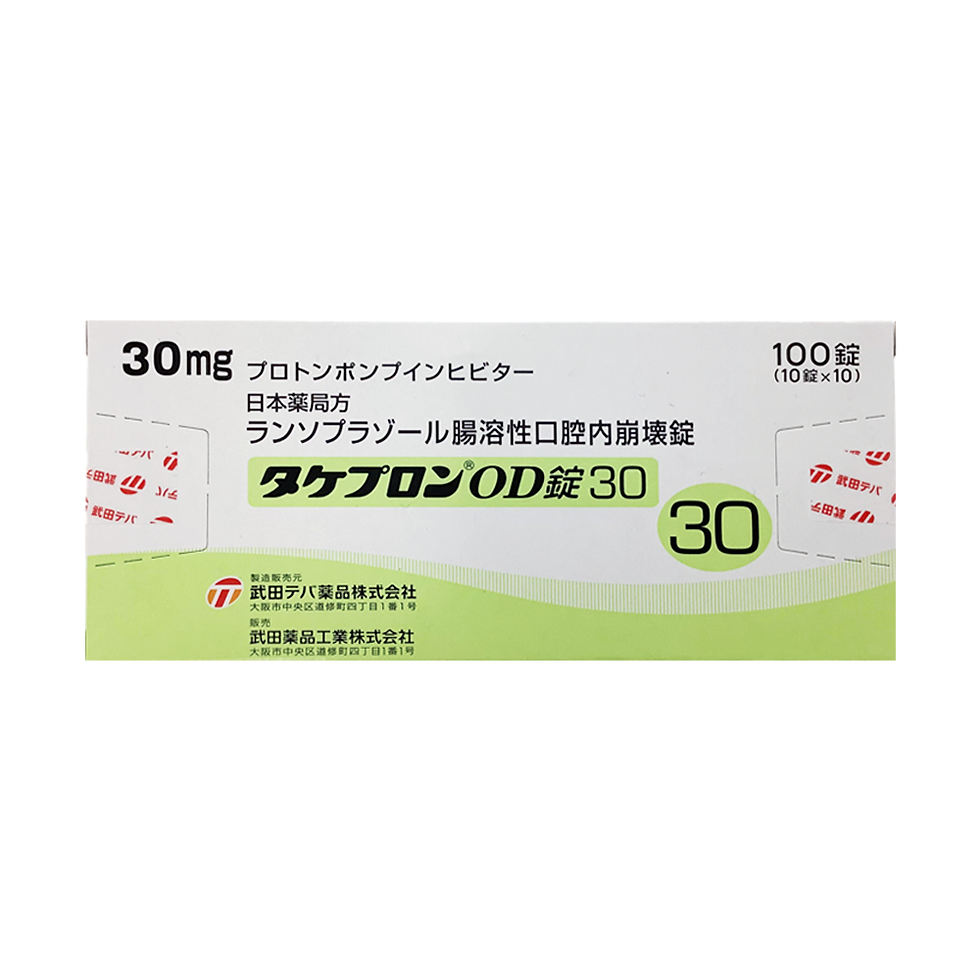KALIMATE Powder5g×126Pac. To lower blood potassium level From Japan
Contents
This medicine is calcium type of cation-exchange resin. It exchanges potassium ions in the intestine for calcium ions of the medicine, prompts potassium excretion and lowers blood level of potassium.
It is usually used to treat hyperkalemia due to renal failure.
Efficacy
A drug that reduces potassium in the blood. Used when potassium levels are increased due to renal failure, etc.
Hyperkalemia associated with acute and chronic renal failure.
Usage
In general, for adults, take 15 to 30 g a day in two to three divided doses. Add a dose to 30 to 50 mL of water, stir up and take it. The dosage may be adjusted according to the symptoms. Strictly follow the instructions.
If you miss a dose, take the missed dose as soon as possible. If it is almost time for the next dose, skip the missed dose and follow your regular dosing schedule. You should never take two doses at one time.
If you accidentally take more than your prescribed dose, consult with your doctor or pharmacist.
Do not stop taking this medicine unless your doctor instructs you to do so.
Internal Capacity
5g ×126 package
<Warning!!>
If you have previously experienced any allergic reactions (itch, rash, etc.) to any medicines or foods.
If you have: intestinal obstruction, tendency of constipation, narrowing of colon lumen or gastrointestinal tract ulcer.If you are pregnant or breastfeeding.
If you are taking any other medicinal products. (Some medicines may interact to enhance or diminish medicinal effects. Beware of over-the-counter medicines and dietary supplements as well as other prescription medicines.)
The most reported adverse reactions include constipation, loss of appetite, nausea and rash. If any of these symptoms occur, consult with your doctor or pharmacist.
Ingredients
(in 1g)
Japanese Pharmacopoeia (JP) Calcium Polystyrene Sulfonate 1g
KALIMATE Powder5g×126Pac. To lower blood potassium level From Japan
When kidney function deteriorates, potassium cannot be excreted adequately. As a result, potassium in the blood increases, leading to symptoms such as shortness of breath, numbness in the limbs, anxiety, and in some cases, arrhythmia, which can be dangerous.
This medicine absorbs potassium in the intestines and excretes it with the stool. Since potassium absorption is suppressed, the amount of potassium in the blood decreases. It is mainly used to treat hyperkalemia due to renal failure.


















![Image of the PTP (blister) sheet for RABEPRAZOLE Na Tablets [SAWAI] 20 mg](https://static.wixstatic.com/media/46a90a_8ca4a73ef7fa41fd974b609913a0db27~mv2.png/v1/fill/w_980,h_980,al_c,q_90,usm_0.66_1.00_0.01,enc_avif,quality_auto/46a90a_8ca4a73ef7fa41fd974b609913a0db27~mv2.png)
![Image of the box (100 tablets) of RABEPRAZOLE Na Tablets [SAWAI] 10 mg](https://static.wixstatic.com/media/f40bcd_9d854aa59d6d436194727e954f3621d6~mv2.png/v1/fill/w_980,h_980,al_c,q_90,usm_0.66_1.00_0.01,enc_avif,quality_auto/f40bcd_9d854aa59d6d436194727e954f3621d6~mv2.png)
![Image of the PTP (blister) sheet for RABEPRAZOLE Na Tablets [SAWAI] 10 mg](https://static.wixstatic.com/media/46a90a_a1f444121f2d474ebbde32d04ea1893c~mv2.png/v1/fill/w_980,h_980,al_c,q_90,usm_0.66_1.00_0.01,enc_avif,quality_auto/46a90a_a1f444121f2d474ebbde32d04ea1893c~mv2.png)
![Image of the PTP (blister) sheet for RABEPRAZOLE Na Tablets [SAWAI] 5 mg](https://static.wixstatic.com/media/46a90a_f7e5297d7442478eaf52a46f49a17585~mv2.png/v1/fill/w_980,h_980,al_c,q_90,usm_0.66_1.00_0.01,enc_avif,quality_auto/46a90a_f7e5297d7442478eaf52a46f49a17585~mv2.png)




